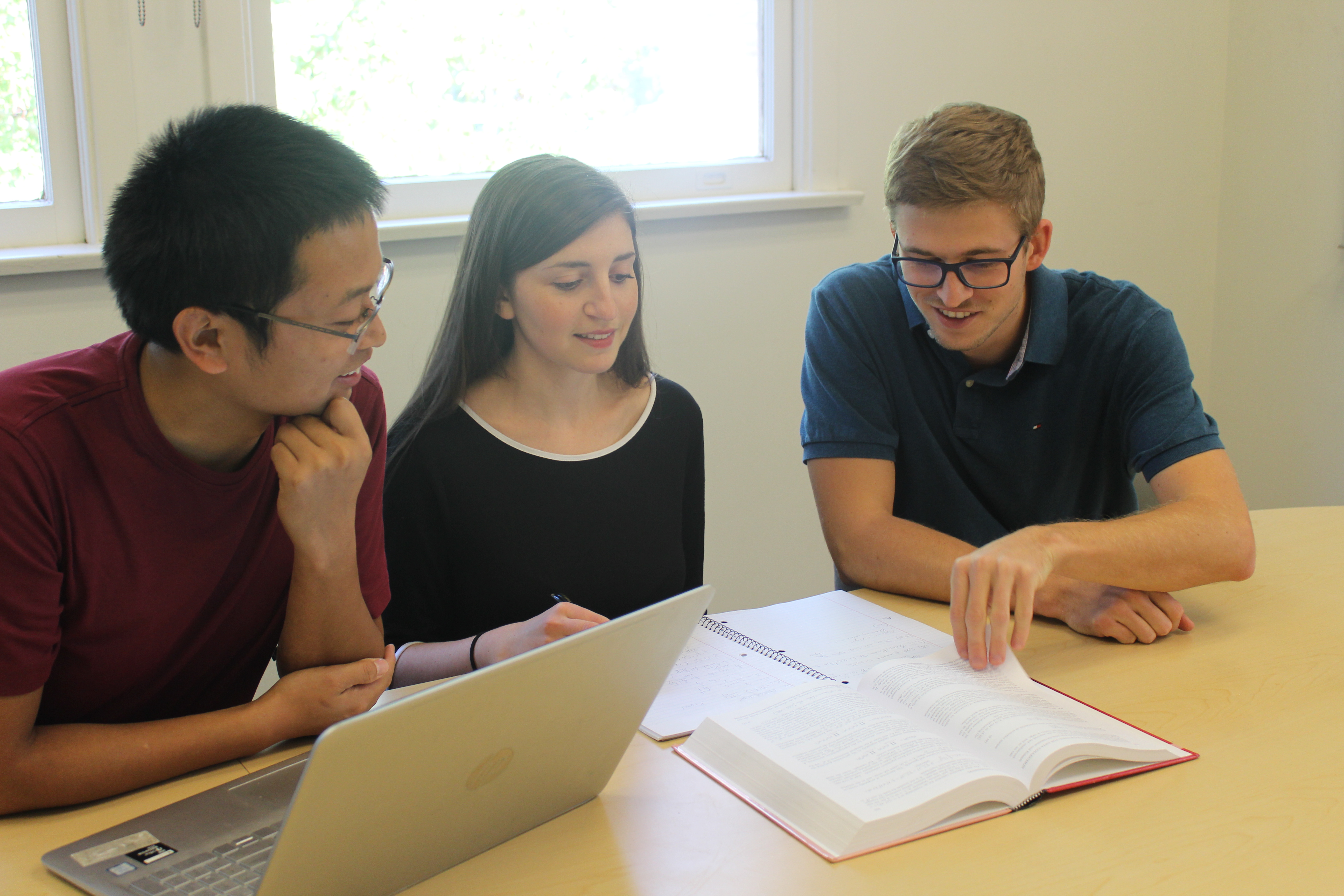Formed as an alternative to a more traditional theory-based degree, the Master of Science in Behavioral and Computational Economics (MSBCE) pushes students to use laboratory experiments, computer simulations and mathematical analysis to study economic institutions and how they operate. This degree prepares students to design, develop, test and implement efficient exchange systems in fields such as stock trading, online auctions, scheduling, insurance and public utilities.
The program curriculum takes a unique hands-on approach. Students spend some time with traditional study of economic systems, but the majority of their work is on personal projects and experiments. Students are encouraged to use their insights to create exchange systems they find personally interesting, and the ESI professors support and work alongside the students throughout the program.
This program is for students with a strong mathematical or computational background. Specifically, it complements the educational background of students possessing or pursuing undergraduate degrees in business, economics, computer science, mathematics and psychology.
The unique MSBCE program offers two options. Students who have completed an undergraduate degree undertake a two-year master’s program. Students still working on an undergraduate degree can take a five-year program that integrates undergraduate and master’s degrees.

